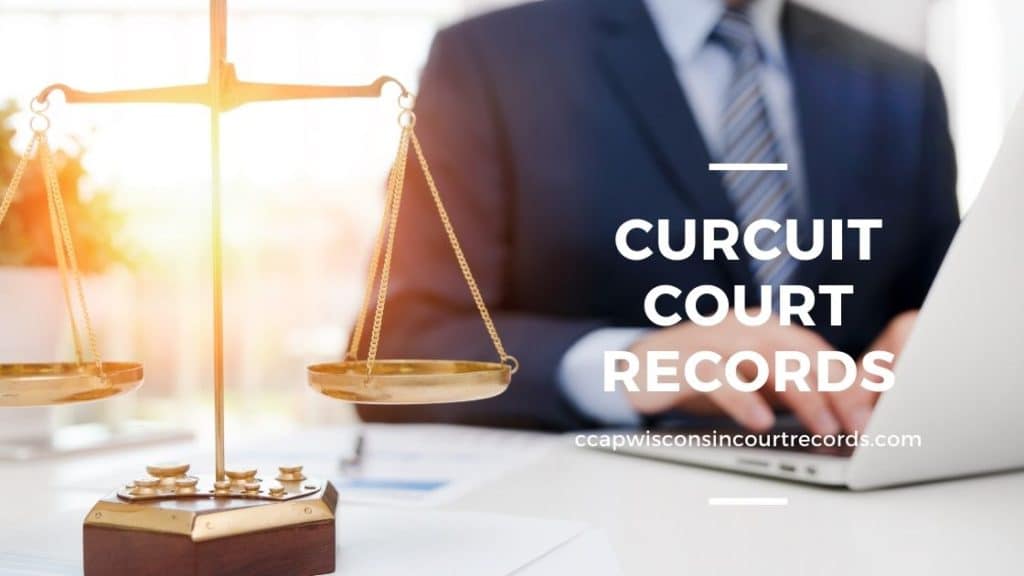Most circuit court systems are designed to carry out state laws and perform judicial duties to protect the citizens in that jurisdiction. Circuit courts have court clerks that are elected to a four-year term and are custodians for circuit court records and documents. Clerks of the Circuit court are a vital part of the court and the state’s judicial system.
Understanding Circuit Courts and Curcuit Court Records
Circuit courts are responsible for more than just filing and hearing court cases. Circuit Court staff and clerks are responsible for record-keeping and financial management for the courts. These individuals work with various state agencies to make sure that state laws are upheld and court fees are paid.
Despite most circuit court documents being public information, the individuals that work for the court including the clerks, are responsible for maintaining confidentiality to protect the public.
Locating Curcuit Court records

Locating court case documents and records is an easy task as long as the information is deemed public information per the open records law. The majority of circuit courts maintain an online records search portal for cases filed in the courts. The online portals provide the same information that can be found in the courthouse.
Depending on when the court converted to an online system some court records that may have been converted may not have all documents available online. However, most newer cases are available online for records research. You can find details of what information is available through the portal’s online user guide.
You can go to the courthouse and research information by using a public terminal and/or speaking with a court clerk. Most courts have public terminals that you can use to find court case documents and records.
Reading Curcuit Court records
Most court documents are easy to read. You will usually find personal information on the parties involved in the case, where the court case was filed, when the court case was filed, the charges in the case, court hearings and events, and other information uploaded to the case files.
You can find descriptions of how to read court cases, a legend for understanding and reading codes on court cases, and a user’s guide on the portal under the help tab. Most codes are easy to decipher unless you are viewing a legal document.
Contacting the courts
When you are using the online search portal or using the courts’ website and you need help or have questions, you should contact the clerk of the court’s office. Contact information for the court can be found online through the court directory or by clicking the “contact us” link on the website.
There are also online chat support representatives that can help individuals navigate through the website and answer questions that you may have. Most search portals have a toll-free support line, however, this is usually for technical support. Technical support lines cannot help you with questions on court cases. Court clerks are the ones that can guide you in the right direction or answer your questions.